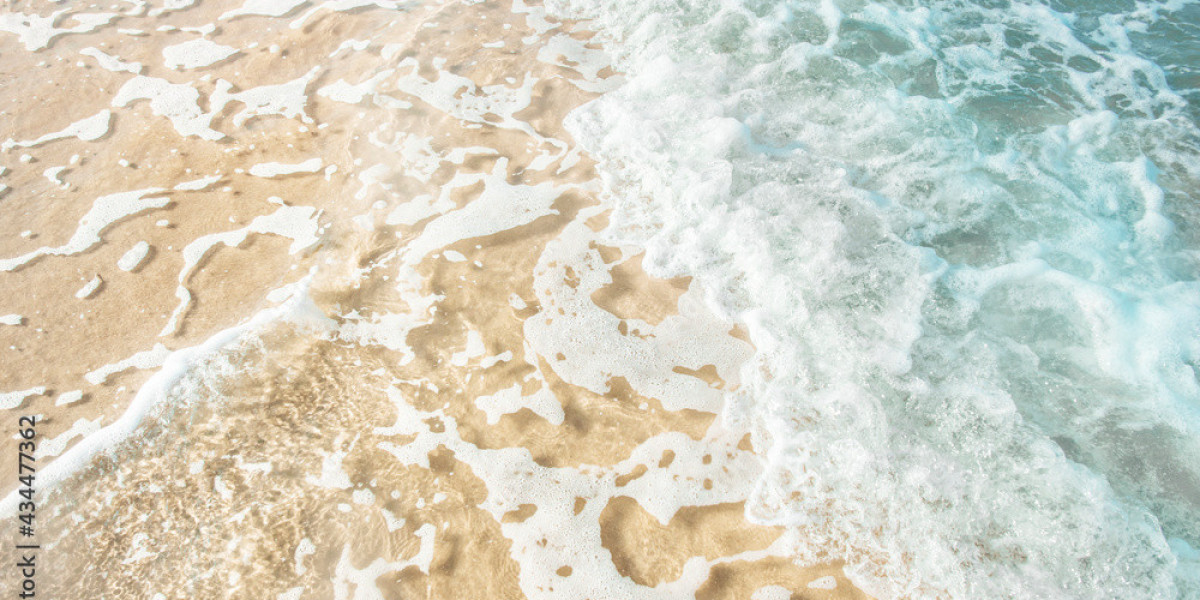Fire suppression systems play a vital role in protecting life and property, especially in rapidly growing urban centers like Sharjah. From residential buildings and office complexes to warehouses and industrial plants, implementing a reliable fire protection system is essential for safety and compliance. This guide provides a comprehensive overview of how fire suppression systems function, their different types, essential components, and key considerations specific to Sharjah’s regulations and environment.
What Is a Fire Suppression System?
Definition and Basic Function
A fire suppression system is a combination of equipment designed to detect, control, and extinguish fires automatically. Unlike manual firefighting tools, these systems activate without human intervention.
Role in Fire Safety
They minimize damage by controlling fires in the early stages. This is crucial in Sharjah, where high-rise buildings and industrial zones are common.
Types of Fire Suppression Systems
Clean Agent Systems
Clean agent systems use non-conductive gases like FM-200 or Novec 1230 to suppress fire. These are ideal for areas with sensitive electronics like server rooms or control centers.
Water-Based Systems
These include water mist and sprinkler systems. While common in many buildings, they may not suit environments with electrical equipment.
Foam Systems
Foam suppression is mainly used in facilities that store flammable liquids. The foam smothers the fire and prevents it from reigniting.
CO2 Systems
Carbon dioxide systems are effective in enclosed spaces. However, they are not recommended for areas occupied by people due to oxygen displacement.
Key Components of a Fire Suppression System
Fire Detection
This includes heat and smoke detectors that identify the presence of fire. In Sharjah’s commercial buildings, sensors are often placed in false ceilings and floors.
Control Panel
The control unit processes signals from the detectors and activates the suppression mechanism. It also sounds alarms and alerts emergency responders.
Discharge Mechanism
Depending on the system, this could be sprinklers, gas nozzles, or foam applicators. These are strategically placed based on risk assessments.
Manual Activation
Most systems also offer a manual release station. This provides an extra layer of control in emergencies.
Benefits of Fire Suppression Systems in Sharjah
Enhanced Life Safety
In dense urban areas like Sharjah, these systems can prevent fire from spreading across multiple floors, allowing safe evacuation.
Property Protection
Fire can cause extensive damage in seconds. Automatic suppression systems help reduce structural and content losses.
Compliance with Local Regulations
The Sharjah Civil Defence mandates certain safety standards. Installing approved systems ensures compliance with UAE fire codes.
Insurance Benefits
Many insurance providers offer lower premiums for properties equipped with certified fire suppression systems.
Where Fire Suppression Systems Are Commonly Used in Sharjah
Commercial Buildings
Shopping malls, hotels, and office towers in Sharjah often use advanced fire suppression technology to protect customers and staff.
Industrial Facilities
Factories, warehouses, and refineries handle materials that can fuel fires. Suppression systems here are designed for high-risk environments.
Residential Complexes
Modern residential buildings integrate fire suppression with alarm and ventilation systems. This is crucial for the safety of families living in high-rises.
Data Centers and Control Rooms
Clean agent systems are popular in Sharjah's IT and telecom sectors. These systems suppress fire without damaging critical equipment.
Choosing the Right Fire Suppression System
Assessing the Risk
Start by evaluating what type of fire hazards exist in the building. Flammable liquids, electronics, or cooking areas all require different solutions.
System Compatibility
Some systems work better with certain infrastructure. For instance, water-based systems may not suit locations with expensive electronics.
Maintenance Requirements
Regular maintenance is essential. Ensure the system chosen allows for easy inspections and part replacements, as required by Sharjah’s safety laws.
Professional Installation
Always use a certified installer familiar with Sharjah’s Civil Defence guidelines. Poor installation can render the system ineffective.
Maintenance and Inspection Guidelines
Monthly Visual Checks
Inspect control panels, nozzles, and detectors for signs of wear or damage. Keep the area around them clear at all times.
Quarterly Testing
Some components should be tested every three months. This includes alarm signals, detectors, and control panels.
Annual Professional Servicing
Engage certified technicians to perform full-scale tests. They check the discharge mechanism, sensors, and control software.
Compliance Records
Maintain records of all inspections and maintenance. Sharjah Civil Defence may request proof during safety audits.
Regulations and Approvals in Sharjah
Civil Defence Approvals
All fire suppression systems must be approved by the Sharjah Civil Defence Department. They review design, installation, and testing documents.
Design Standards
Systems should follow standards such as NFPA (National Fire Protection Association) and UAE Fire and Life Safety Code of Practice.
Periodic Audits
Properties may undergo unannounced inspections. Non-compliance can lead to fines, business shutdowns, or legal action.
Final Thoughts
Installing a fire suppression system in Sharjah isn’t just a legal requirement—it’s a vital investment in safety. From clean agent to foam systems, the right choice depends on your building’s function and risk profile. Proper installation, regular maintenance, and compliance with local regulations ensure long-term protection for people and assets.








